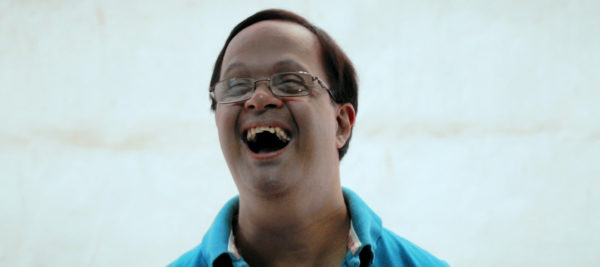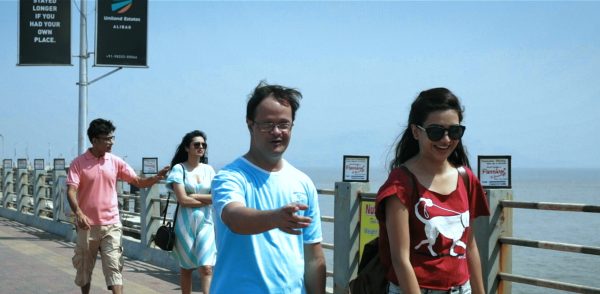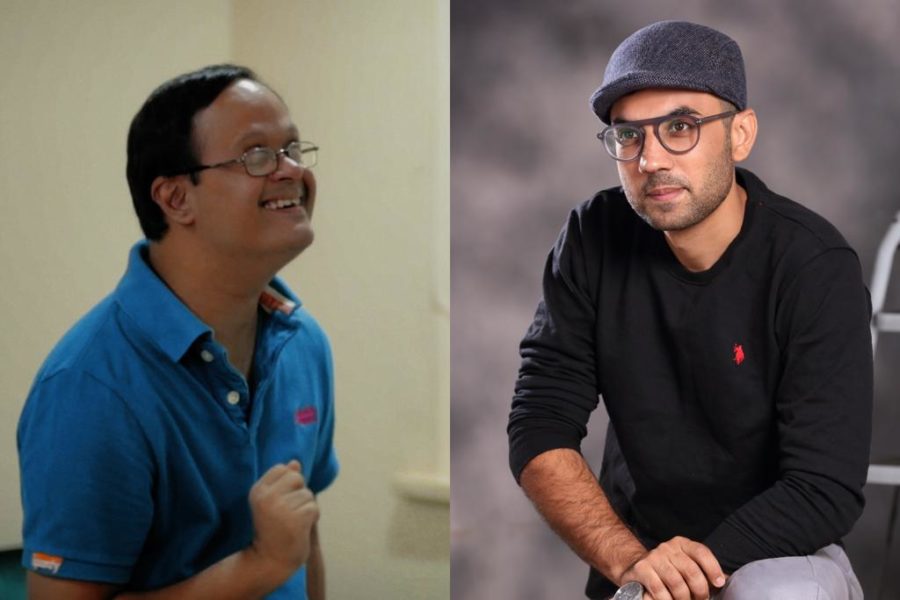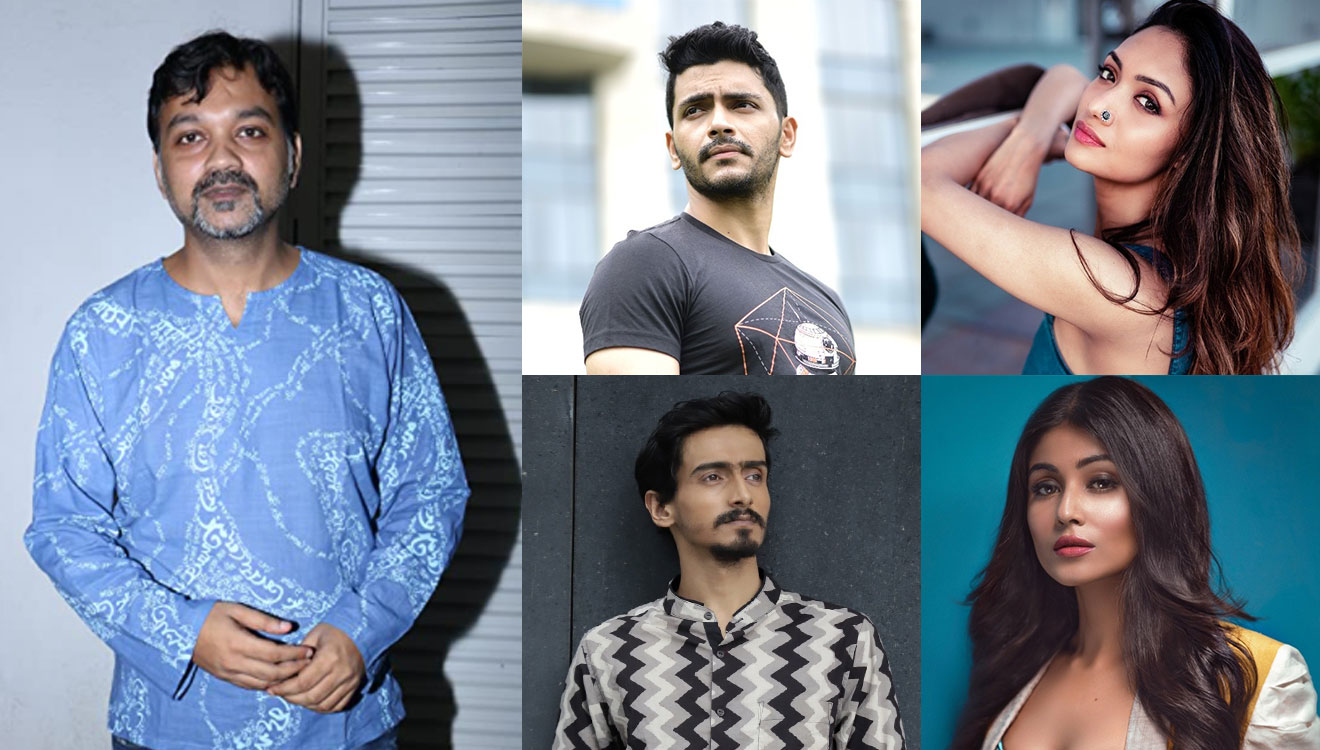Ahaan, the Hindi drama film starring debutant actor Abuli Mamaji, written and directed by debutant filmmaker Nikhil Pherwani, released on Netflix on May 15.
Set in Mumbai, the 80-minute-long feature film follows the 25-year-old titular character Ahaan (Mamaji), who suffers from Down Syndrome both in real life as well in the film, and the unlikely friendship he strikes with Ozzy (Arif Zakaria) who has Obsessive Compulsive Disorder (OCD). The film follows how the men develop a friendship while overcoming their individual struggles.
In conversation with Silverscreen India, Pherwani said that he had a social responsibility while representing disorders and disabilities. One cannot deal with it in a way that would be a “typical interpretation”, he said. “I wanted to show the side that the world does not see. The focus is always on their weakness, but with Abuli, we have shown how lively he is, and emotional intelligence and move away from just his IQ. He is like anybody else,” Pherwani said.
The film wanted to shine a light on the under representation of people like Mamaji in workspaces and cinema, Pherwani said, adding that such characters were seldom portrayed in cinema.

Pherwani said that the film’s opening credits state that the film was made with “unconditional support of our families”. Similarly Mamaji’s mother, Sakina Mamaji, was “instrumental” in making the film.
“While he [Mamaji] was up for acting in the lead role when I met him, his family was also okay with the idea. However, the credit goes to his mom who was very supportive of his dreams and believed in us. If it was not for his parents, then this would not have been possible. Sometimes, we find overprotective parents who don’t want them to go out of their care, but here was the mother who said ‘Do what you want’ and had full faith in me and him,” Pherwani said.
An aspiring actor and ardent fan of Salman Khan, it took Mamaji only a few minutes during his first meeting with the filmmaker to tell him about his dreams of becoming an actor. Talking about how he met Mamaji in a care centre during his research, Pherwani said, “After I met him, I got to know him better after interacting with him. His personality also became a part of the writing and script. When I met him, I wanted to explore the Down Syndrome and one thing let to the other, so we chose to go with the real person.”
“He used to tell how he wanted to be an actor. I was fascinated to hear this because it is often perceived that people with such conditions do not have any aspirations and here is a person, lively and talking about ambitions in the first few minutes of meeting him. That is what wanted me to know him more. If I am portraying a character with this person, then why not cast him? It would lend authenticity,” he said.
Pherwani mentioned that “building trust” and “naturally becoming a friend” was his approach to work with Mamaji. Stating that he had written the story before he met Mamaji, it “took better shape” after he understood Mamaji’s aspirations and ambitions. “The script got enhanced after I met him.”
“We had to do a few workshops and since he does not read and cannot memorise dialogues, I used to prompt all the dialogues. He would look at me for every cue, but I would ask him to just listen to me. But with his originality, he was able to do it, which an actor cast would not be able to get it,” Pherwani said.

Talking about how the film deals with Down Syndrome and OCD, Pherwani said that the writing had to ensure a “distinction” between the two conditions.
“With Arif, he didn’t have OCD in real life and we had to think about a lot of things and keep it mature. We have so many people with OCD or traces of it, so we had to strike a balance between overly showing it and underplaying it,” he said.
The filmmaker said that Ahaan is a slice of life story where the actors organically lend themselves to their characters. “I didn’t want to typecast and slot them into characters. They are all people we know in our lives naturally and they have a focus and come in and move forward,” he said.

Pherwani said that he had wanted to work on subjects that would have a “social impact”. “Cinema is just not about song and dance and senseless entertainment, a lot more can be done that can have an impact. The way we deal with it can be light-hearted or slice of life, but there has to be a value. Otherwise, I feel it does not live up to its expectations,” he said.
Pherwani said that the feedback from parents of children with Down Syndrome is close to his heart. “I have been getting messages and reviews from such parents who say that the film has changed their perspective about their kids and that the film is a ray of hope for many to pursue their passion and I think that is heartwarming,”
According to Pherwani, Ahaan is the first Hindi film starring an actor suffering from Down Syndrome playing the lead role. The film was shot in 2016 and 2017. “A film like this takes its time to shoot. The model we were working with, a real person, had its limitation and we had to break schedule by schedule,” he said.
Pherwani has produced the film along with Abhishek Pherwani.
Ahaan released in theatres on March 19 and had a week-long run. It is currently streaming on Netflix.



